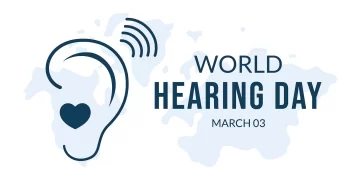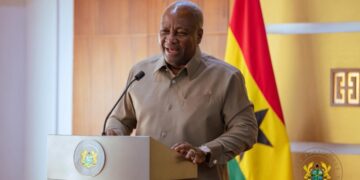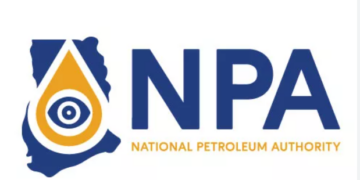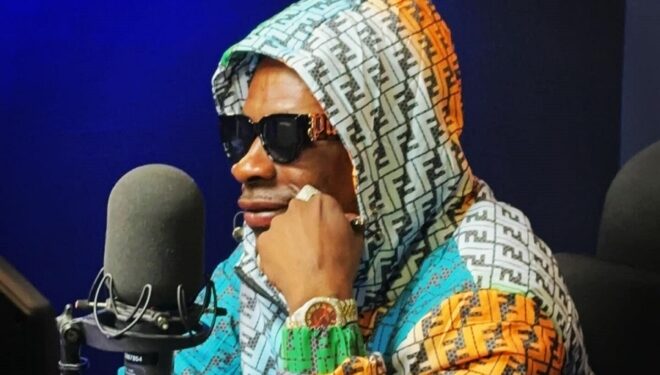Dancehall musician Shatta Wale from Ghana has voiced concern about the difficulties facing the country’s music sector.
He states on his Facebook page that the current situation of the Ghanaian music industry is a result of a number of factors, including the absence of suitable policies.
“It is clear that the lack of conducive policies, infrastructure, and resources have hindered our growth and potential on the international stage. We must urgently address this by improving regulatory frameworks, investing in modern infrastructure, and strengthening intellectual property rights and licensing.
He has recommended that industry stakeholders work together to implement the necessary reforms that are required for the industry to flourish in order to improve the situation.
“It is time for us to work together to create an enabling environment that attracts major global investments and propels our music industry to unprecedented heights, contributing to our national identity and economy,” he writes.
Read Also:Video: I don’t take hard drugs, only drink because of depression — Hanks Anuku
“Let us rally together as stakeholders in the Ghanaian music industry and collaborate to open the doors of opportunity for our industry. By any means necessary, we need to put in efforts to make sure our music is heard globally as Ghanaians,” he adds.

The dancehall performer has previously suggested answers to issues facing the business. His ‘State of the Industry Address’ from 2021 brought up some of the same issues.
He said that Ghanaian musicians should take the economic side of their trade seriously, that significant and well-attended annual entertainment events should be decentralized, and that music stakeholders should collaborate to choose a distinctive music genre that could market Ghana internationally.
Additionally, Shatta Wale stated that 90% of the music played in Ghana should be local and 10% should be foreign.
He counseled the ruling class to use music to market the nation as a travel destination.
Finally, he declared that the music industry would reach new heights worldwide if the state could allocate 10% of the sports budget to music.



























